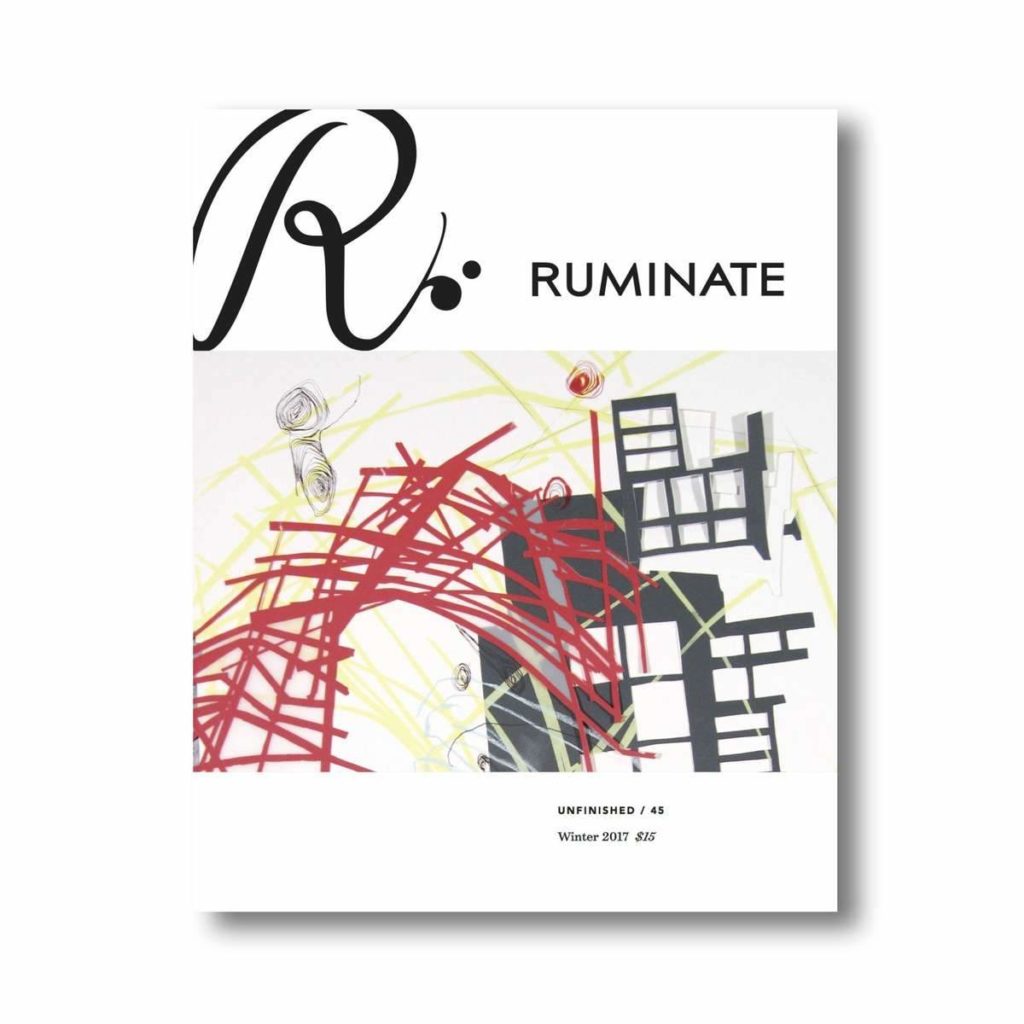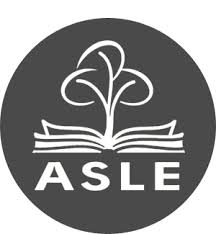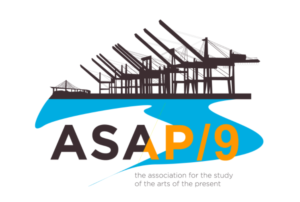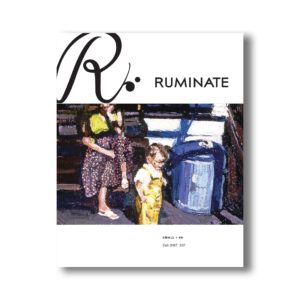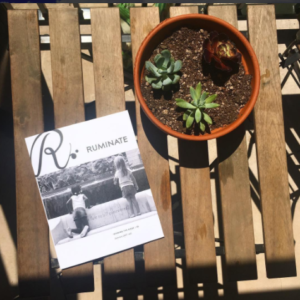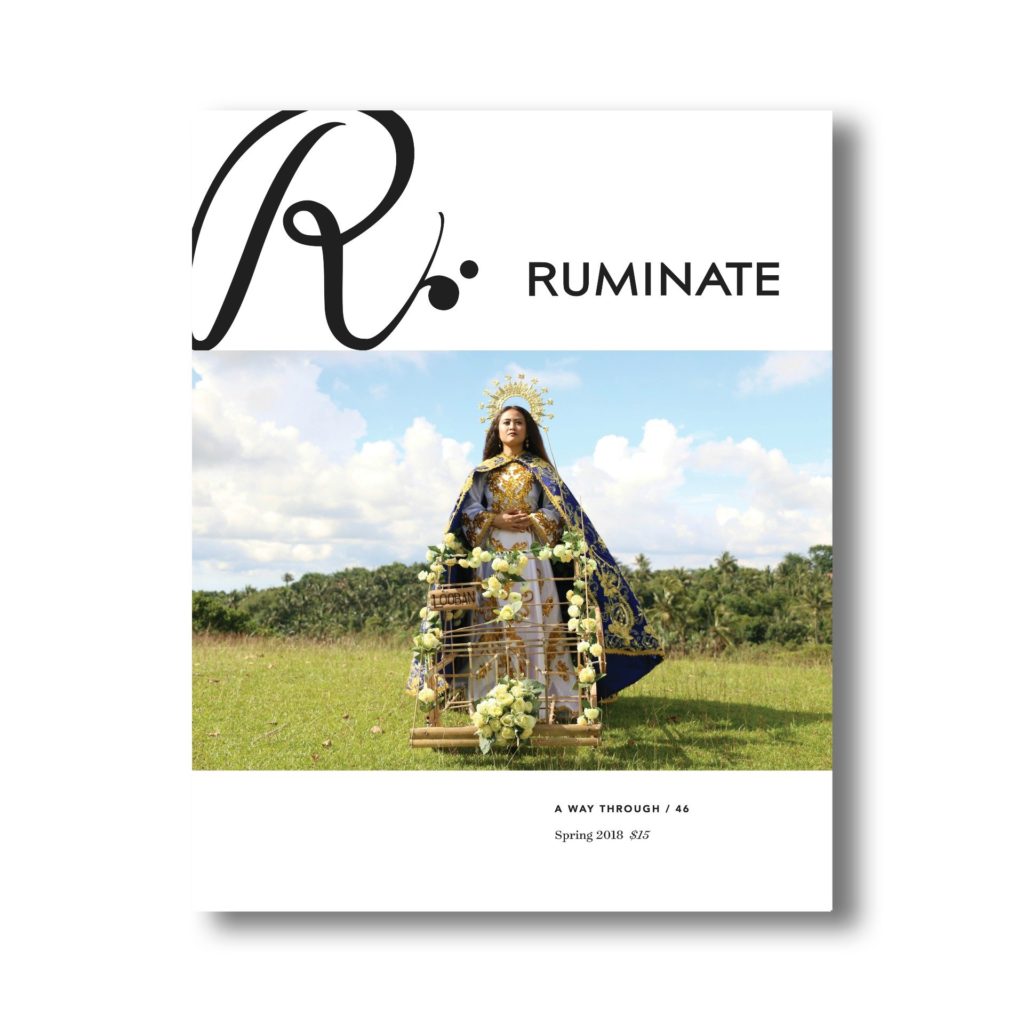 My latest reflection on the poetry of Issue 46: A Way Through is up on Ruminate.
My latest reflection on the poetry of Issue 46: A Way Through is up on Ruminate.
Ten tiles by ten tiles you scrub again
with a woman who is not your sister
(this is how you tell time is passing)
you are hungry then you are full.
–From “Fluorescent” by Jessica Yuan
 I’m thrilled to have poems in the winter / spring issues of
I’m thrilled to have poems in the winter / spring issues of 
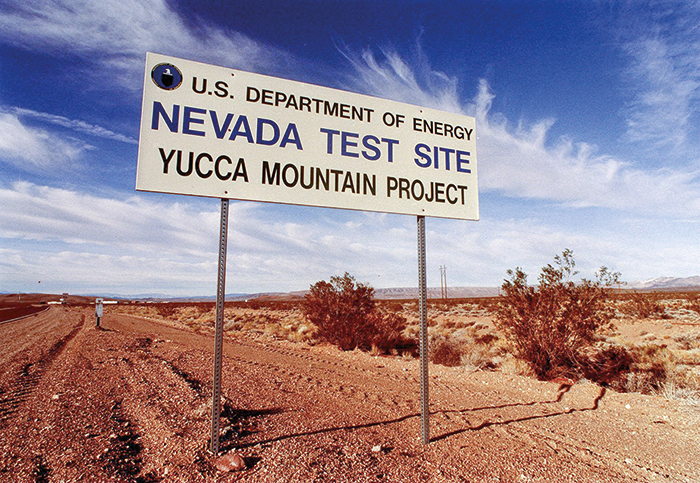 d panel, MLA 2019 in Chicago | 300-500word abstracts due March 1 to kgeorgebagdanov@ucdavis.edu
d panel, MLA 2019 in Chicago | 300-500word abstracts due March 1 to kgeorgebagdanov@ucdavis.edu